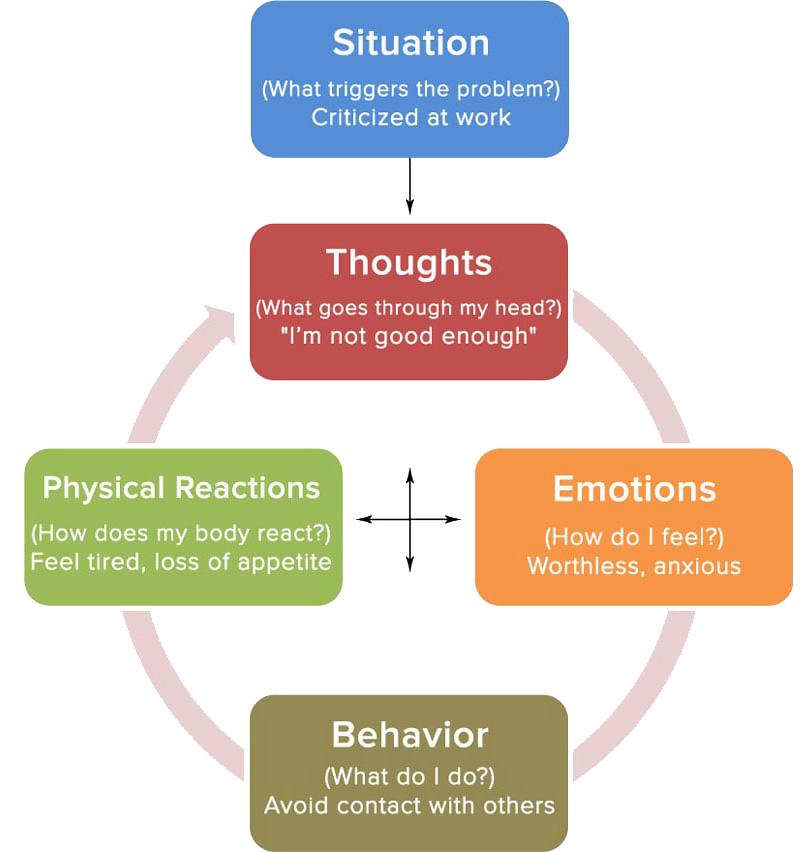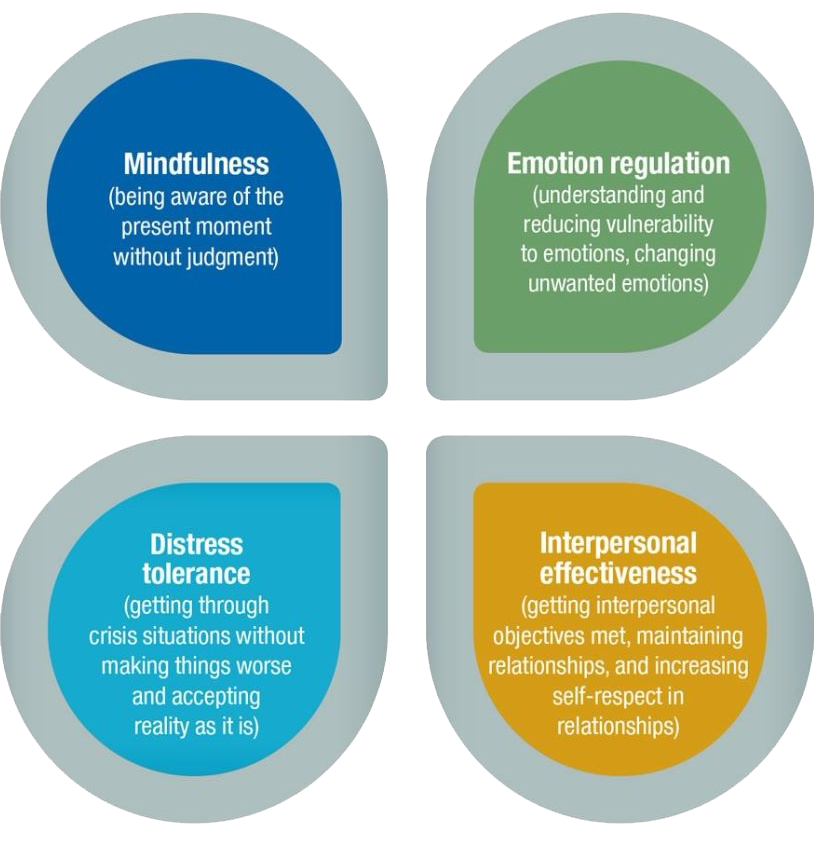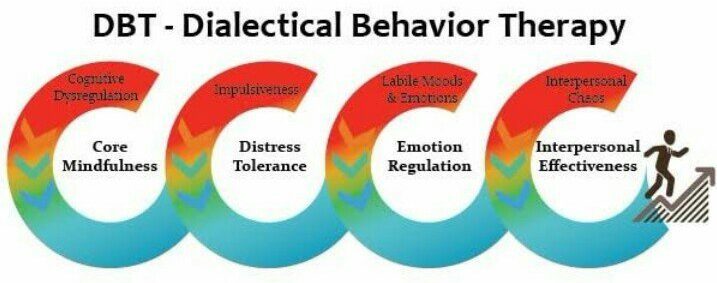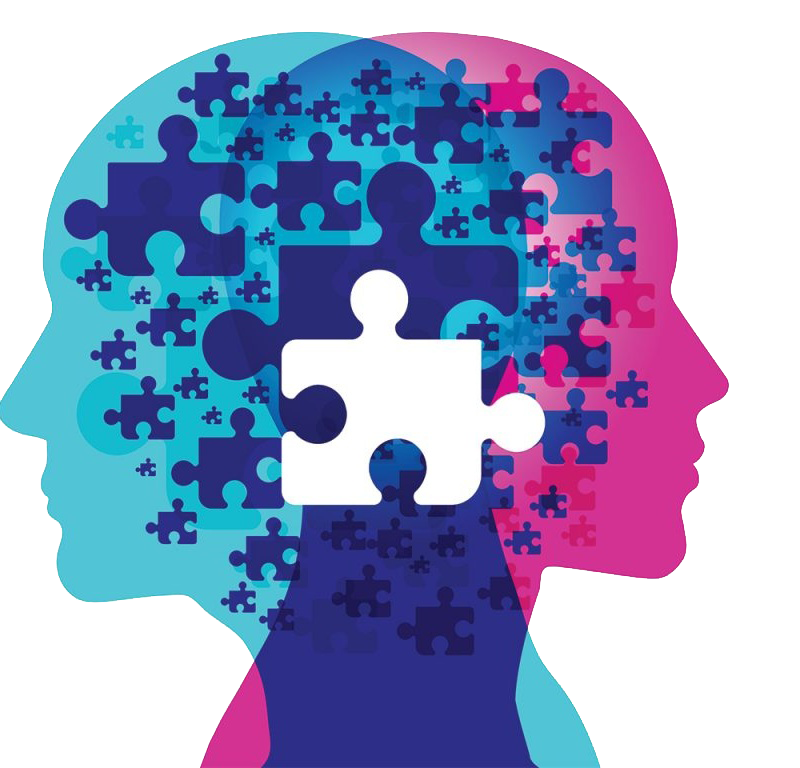We use the term trauma symptoms to refer to emotional, behavioral, cognitive, physical, and/or interpersonal difficulties directly related to a traumatic experience. These symptoms may correspond to symptoms of PTSD, depression, anxiety, avoidance, self-injurious behaviors, sexual behaviors, bullying, aggression, poor sleep, increased startle, stomach aches, headaches, social withdrawal, decline in school, and/or substance use problems. Children with trauma symptoms may experience a profound change in the way they see themselves, their role in the family, and the world as a result of their exposure to one or more traumatic events.
Trauma symptoms often occur in response to trauma reminders, sometimes called triggers. These can be sights, sounds, smells, or other cues that remind the child of their trauma. When the child is confronted with a trauma reminder, they may experience feelings similar to those experienced during the original trauma. This can lead the child to think and act as if the trauma were recurring, even though they are safe.
Children and teens are often brought to treatment because of behavioral or emotional dysregulation rather than because of their trauma history. Since parents and other adults often do not understand that these emotional and behavioral problems are related to the child’s previous trauma experiences, it is critical to make connections between trauma reminders or triggers that the child is experiencing and the child’s presenting symptoms.















